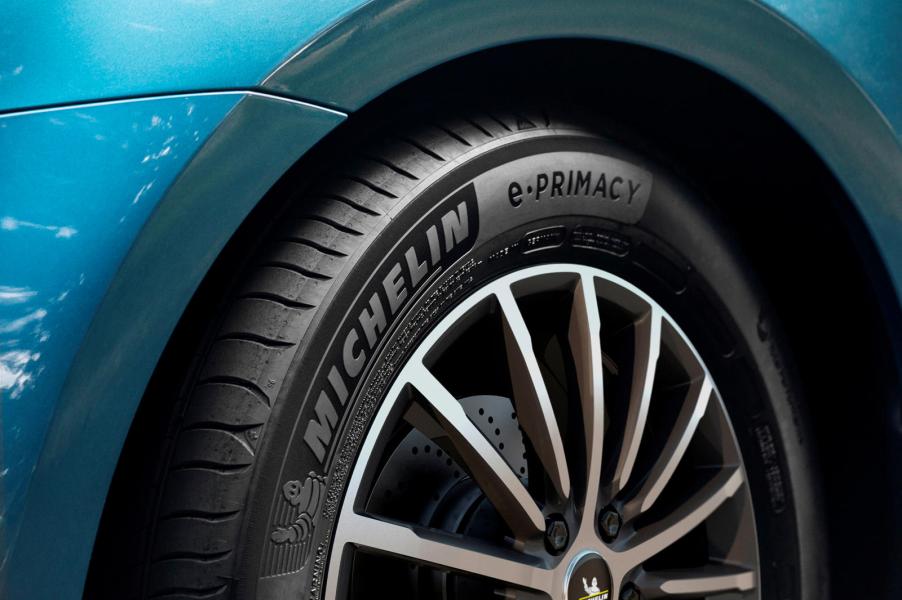
Michelin Is Making Your Tires From Plastic Trash
Well, maybe not yet. But Michelin wants to be relevant and progressive in these global warming times. It knows there’s a bunch of plastic trash floating around suffocating the oceans. So, it wants to do something environmental and also make some cash. What better way than to take all of that plastic trash and turn it into what it makes gazillions of tires?
The e.Primacy is the world’s first carbon-neutral tire

This would be the world’s first carbon-neutral tire and Michelin even has a name for it. This tire is the “e.Primacy.” It is mostly made from recycled plastic bottles which are particularly tricky. That’s because plastic is hard, and tires need to be rubbery.

Working in conjunction with the French company Carbios, Michelin wants to convert 3 billion plastic bottles into tires. To do it Michelin uses a certain enzyme to make the plastic pliable. It is called “depolymerize polyethylene terephthalate.” This is some stout stuff. But would it make burnouts small like burning plastic?
It is great for making tires because of its high thermal stability and breakage resistance characteristics

Michelin says it is great for making tires because of its high thermal stability and breakage resistance characteristics. “These high-tech reinforcements have demonstrated their ability to provide performance identical to those from the oil industry,” director of polymer research at Michelin Nicolas Seeboth said in a statement. We believe him.
“We are very proud to be the first to have produced and tested recycled technical fibers for tires,” he said. “These reinforcements were made from colored bottles and recycled using the enzymatic technology of our partner, Carbios.”
By 2030 Michelin wants renewable or recycled materials to make up 40% of its manufacturing
By 2030 Michelin wants renewable or recycled materials to make up 40% of its manufacturing raw materials. It is then shooting for 100% by 2050. Taken as a whole if the entire industry followed Michelin’s lead 800,000 tons of PET fibers would be used every year.

“In 2019, Carbios announced it had produced the first PET bottles with 100% Purified Terephthalic Acid, made from the enzymatic recycling of post-consumer PET waste,” Carbios chief scientific officer Alain Marty stated. “Today, with Michelin, we are demonstrating the full extent of our process by obtaining from this same plastic waste, recycled PET that is suitable for highly technical fibers such as those used in Michelin’s tires.”
There is no word on how much these might cost. But since the raw materials are trash they should be cheaper than starting with rubber. This is just another unique way industry is finding to do something about the accumulating plastic crisis.



